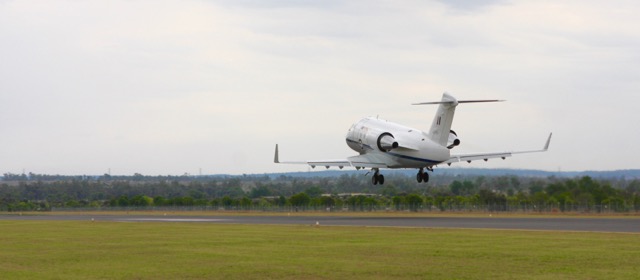
Posts about stuff relating to airports

Logical Fallacies in the Safety Sphere
Sometimes I feel like I really missed out by not receiving a "classical" education. While I can probably live without the latin and greek philosophy, one area I've been keen to pick up is formal logic. The forming of a coherent and valid argument is a key skill which is, in my opinion, overlooked in safety management. Which is disappointing since making such an argument is at the heart of making a safety case.
I'm not going to tackle the subject of logic today. To be honest, I don't know enough about the overall concept. Instead, I'm going to focus on the typical failings present in a logical argument - the logical fallacies.
Image credit: Steve Johnson (via Pexels)

Safety Hero: Roger Boisjoly
It's a slice of history every safety professional should know - the night before the Challenger disaster, engineers at NASA-contractor Morton Thiokol made a recommendation that the launch not proceed. One of the engineers that really tried to stop it died today.
